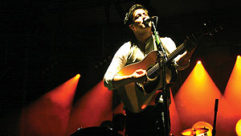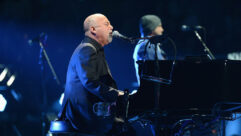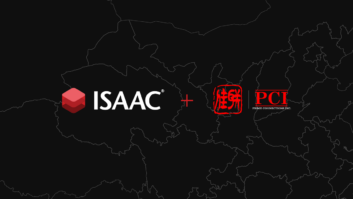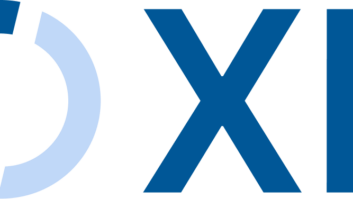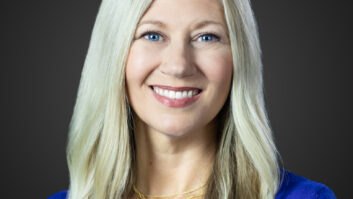I get a lot of pitches from publicists, and I cannot open all of them, especially when they come from an unfamiliar source. Still among the hundreds of emails I receive each day, sometimes something random jumps out at me. So it was with the subject line for a new children’s’ book devoted to advocating for the trades. I love the trades. I’m a high school dropout (because you have to join ballet companies when you are a teen). While working in the theme park and museum industry I met many successful people who hadn’t gone to college, and also people whose college degrees were in tangential fields to their careers. Finding your work life, now more than ever, takes looking at it from many angles. College is an important path for many, but it’s not the only—or even best– path to success, either from a financial or satisfaction standpoint. College is also not just about getting a job. Example: a music degree can lead to many paths. So can an engineering degree. I’ve personally had an unorthodox career path so from experience I’m a fan of the roads less traveled. I know a lot of people in this industry who can say the same.
This is the long way of explaining that I opened that email thinking I would be interested in this book and might even want to take up the offer of an interview with the author. I was getting way, way ahead of myself as it turns out, not expecting on any planet that the book would turn out to be called “What Does Your Daddy Do?”
My personal experience caused me to believe that the gender gap in AV was mostly a matter of catching up. That we were long past the point of talking to children about work as a Daddy’s world.
It may well be a widespread belief that work is not a gendered thing, and this book was just taking up a narrow viewpoint. But it seems children can still get the wrong impression on the breadth of their options. Ironically, this book seeks to broaden horizons and also constrains them; that made me think about the mixed messages that can still be out there for girls and women. Because I’m a writer I think words matter (maybe more than they do). Life brings enough natural limits that we will discover, accept, or overcome for ourselves in due course. So I just ask myself, what careless limits am I helping to impose on others?
This is clearly a sincere book from an author who self-describes his passion for working with his hands—something that he says saved his life and allowed him to have the live he loves. A father of two, he’s made a big investment in making the younger generation aware of all the career options they have in addition to college and to encourage them to follow their own path in life.
I did ask the author why the unhelpful title? He said that this was a first in the series and there would be a “What Does Your Mommy Do?” book in the next couple of years. He explained the book was based on his son’s experience being asked what his daddy did (he’s an electrician). I understood the framing was personal to him and at the same time, I wondered whether there’s more we can do with words to err on the side of inclusion and reduce old-fashioned language and assumptions. More importantly, beyond parsing language, it’s the action that counts.
Thanks to all of you who advocate in our industry for inclusion, both those helping to create the opportunities and those seizing them.


